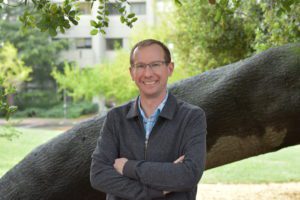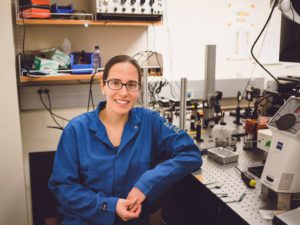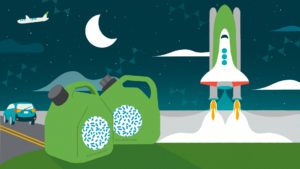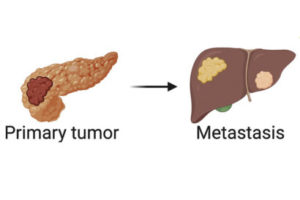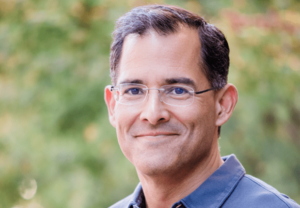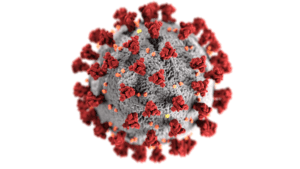
Berkeley-led study identifies human lung proteins that can advance or thwart SARS-CoV-2 infections
July 26, 2022
Researchers have taken an important step toward understanding the microscopic battle that plays out between our lung cells and the SARS-CoV-2 virus that causes COVID-19. A UC Berkeley-led study has identified specific proteins within our bodies that can promote or protect us from SARS-CoV-2 infections, potentially opening the door to new antiviral therapies. In the…
